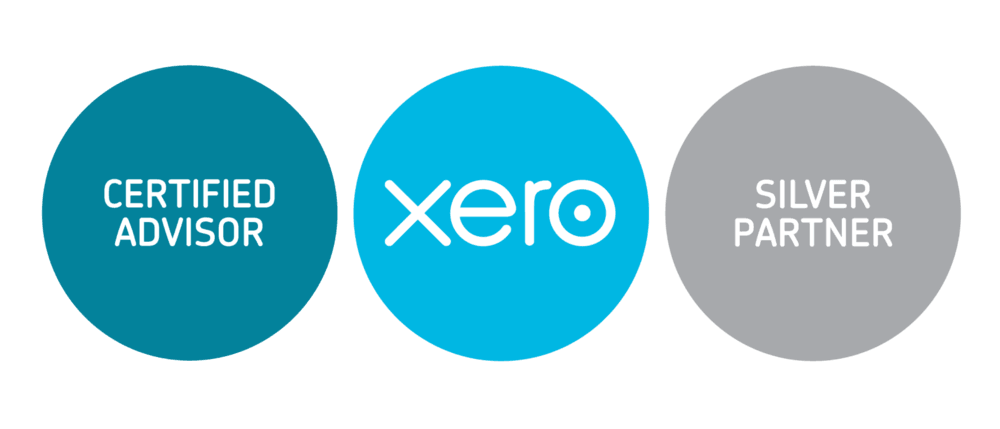Starting and running a small business can be quite a challenging task. As a business owner, you have a long list of tasks and responsibilities that need to be taken care of regularly. With so much on your plate, keeping your work-life balance in check can be challenging. Clearly defined working hours can be a game-changer for your business. Developing your working hours gives you a structure to help manage your time more effectively. Assign specific timeframes for certain tasks so that you don’t overwork or underwork yourself. Routines also encourage healthy habits, such as taking regular breaks, exercising, and prioritising self-care.
One of small business owners' biggest challenges is learning to say no. Startups often take on too much work out of desperation to succeed, which can lead to burnout and poor quality of work. It's essential to consider the type of client you're taking on and whether you can manage the workload at the rate you're asking for down the line.
Learning to say no can be difficult, but setting realistic expectations for yourself and your clients is necessary. Prioritise projects that align with your strengths and values, and decline projects that don’t align with your business goals. Saying no can be a powerful tool for a business owner, as it can help you focus on your core competencies and build a reputation for quality work.
In today's fast-paced digital world, small business owners are able to streamline their workflow and optimise their productivity with many tools and apps. The options are endless, ranging from project management tools to email automation. By using the right tools and apps, you can manage your workload efficiently, collaborate with your team, and free up time for other tasks.
Find the tools that work best for your workflow and routine by experimenting with different tools Project management software, for example, helps you assign tasks to team members and track deadlines. By using email automation tools, you can streamline your communication with clients and free up time for other important tasks.
As a small business owner, you can also benefit from outsourcing tasks such as inbox management, diary management, process implementation, bookkeeping, digital design, social media management, document creation, proofreading, and website audits. By outsourcing these tasks, you can free up your time and energy, allowing you to focus on growing your business and achieving your goals.
In conclusion, defining working hours, learning how to say no, and optimising your workflow are all essential steps for small business owners to be more productive, efficient, and successful. By prioritising your time and focusing on your core competencies, you can build a successful business and achieve your goals.
If you are struggling to set boundaries and prioritise your tasks, be sure to reach out - chances are that we will be able to assist.
Until next time,
Elizna



